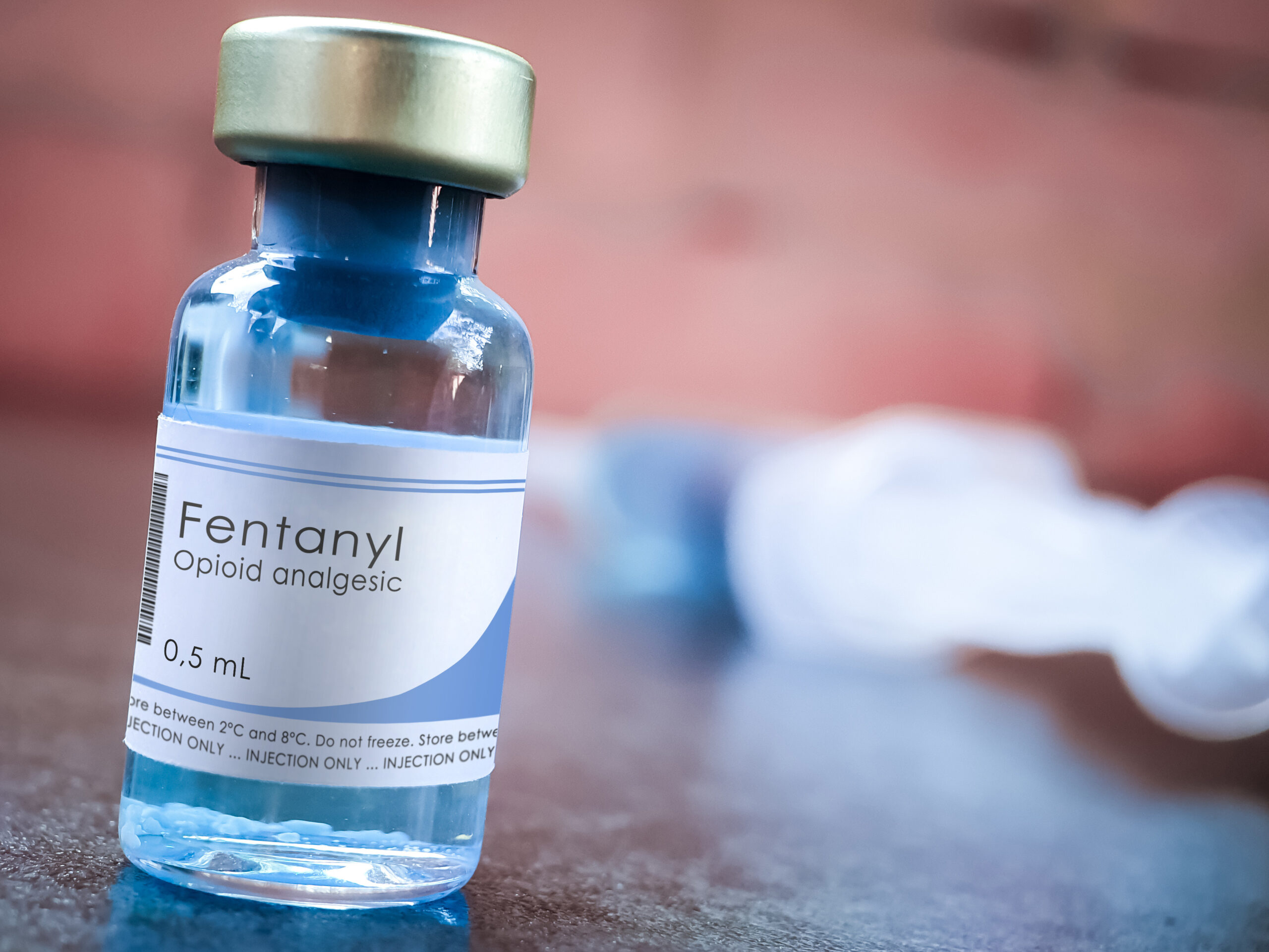
You might have heard the term fentanyl thrown around recently in the media. In the last few years, the drug has been responsible for multiple overdose deaths across the country.
Its withdrawal symptoms can also be deadly if not treated properly, which is why it’s so important that you get familiar with them if you or a loved one is addicted to fentanyl.
What Is Fentanyl
Fentanyl is a synthetic opioid that is commonly prescribed to relieve pain. Generally, this drug is used for treating severe pain, such as that caused by the advanced stages of cancer or by surgery. Fentanyl is an opioid substance, which means it is in the same family as heroin, oxycodone, and morphine.
Like other drugs in this category, Fentanyl can be highly addictive and deadly.
What Does Fentanyl Do To The Body
These are the most common fentanyl effects on the body
- Pinpoint pupils
- Respiratory depression
- Slow heart rate
- Low blood pressure
- Extreme happiness
- Drowsiness
- Nausea
- Constipation
- Sedation
What Does Fentanyl Do To Addict’s Behaviors
These are the most common fentanyl effects on an addict’s behavior
- Secrecy or mysterious behaviors
- Social withdrawal
- Lack of interest in activities they once enjoyed
- Financial problems
- Stealing
- Lying compulsively
- Disappearing for long periods of time
- Changes in mood
- Issues at work or at school
- Ignoring responsibilities
- Changes in appearance such as weight loss or poor hygiene
Risks of Taking Fentanyl
There are many ways in which fentanyl can harm addicts. As with most opioids, prolonged use can lead to death and permanent organ damage. Its withdrawal symptoms can be severe and deadly.
Taking Fentanyl is highly risky since it has a high overdose potential. As a matter of fact, Fentanyl and other synthetic opioids are the leading cause of overdose deaths.
In 2021, more than 70,000 deaths were reported from synthetic opioid overdoses. Those numbers were primarily attributed to fentanyl.
The majority of overdoses involving fentanyl are caused by illicitly manufactured fentanyl, not prescription drugs.
What Are Fentanyl Withdrawals
When patients use fentanyl for a prolonged period of time, they develop a physical dependency on the drug. The bodies of these individuals have become accustomed to having the drug in their system, so when their systems are cleansed of it, they will react negatively.
These negative effects are known as withdrawals. They can be life-threatening if not treated properly.
The main reason addicts attend detox is withdrawal symptoms since detoxifying their bodies requires pharmacological support and medical supervision.
Symptoms of Withdrawal From Fentanyl
There are several factors that determine the severity and duration of withdrawal symptoms, including how long and how much of the drug was taken.
There are a number of symptoms that can be mild and non-life-threatening, while others, like depression and autonomic hyperactivity, can be fatal.
An experienced recovery specialist should be consulted before detoxing from fentanyl.
If a person experiences any signs or symptoms of withdrawal from fentanyl, he or she should contact their healthcare provider or call 911 immediately.
The common symptoms of withdrawal from fentanyl include:
- Excessive flow of tears
- Muscle aches
- Tremors
- Diarrhea
- Nausea and vomiting
- Dilated pupils
- Eye discomfort in bright lights
- Trouble sleeping
- Autonomic hyperactivity
- Irritable moods
- Depression and suicidal thoughts
- Anxiety
Treatment for Fentanyl Addiction
Taking action before it is too late is essential for anyone suffering from fentanyl or opioid addiction.
The good news is that fentanyl addiction can be treated. However, in most cases, it requires professional help. Drugs like fentanyl are extremely addictive, making quitting them extremely difficult for addicts.
Withdrawal effects from the drug could also be high risk since they could cause death. When the symptoms of withdrawal from fentanyl are severe, Fentanyl addicts require a pharmacological detox to sober up safely.
In fact, SAMHSA—a branch of the U.S. Department of Health and Human Services—points to medication-assisted treatment (MAT) as the most effective treatment for opioid addiction.
Through the combination of medication and therapy, MAT can reduce cravings and withdrawal symptoms.
A drug addict may also benefit from evidence-based therapies, such as cognitive behavioral therapy and group therapy. It is possible to overcome addiction, manage withdrawal symptoms, and prevent relapse with treatments like these.
Finding Treatment for Fentanyl Addiction
Now that you know what the fentanyl effects are and how dangerous it can be, you might want to seek out help if you or someone you love has fallen victim to fentanyl abuse.
At Elysium Healthcare we specialize in the treatment of opioid addiction including treatment for those suffering from fentanyl abuse.
Contact us today and find out how our holistic treatments can help you or your loved ones with withdrawal from fentanyl.








No comment yet, add your voice below!